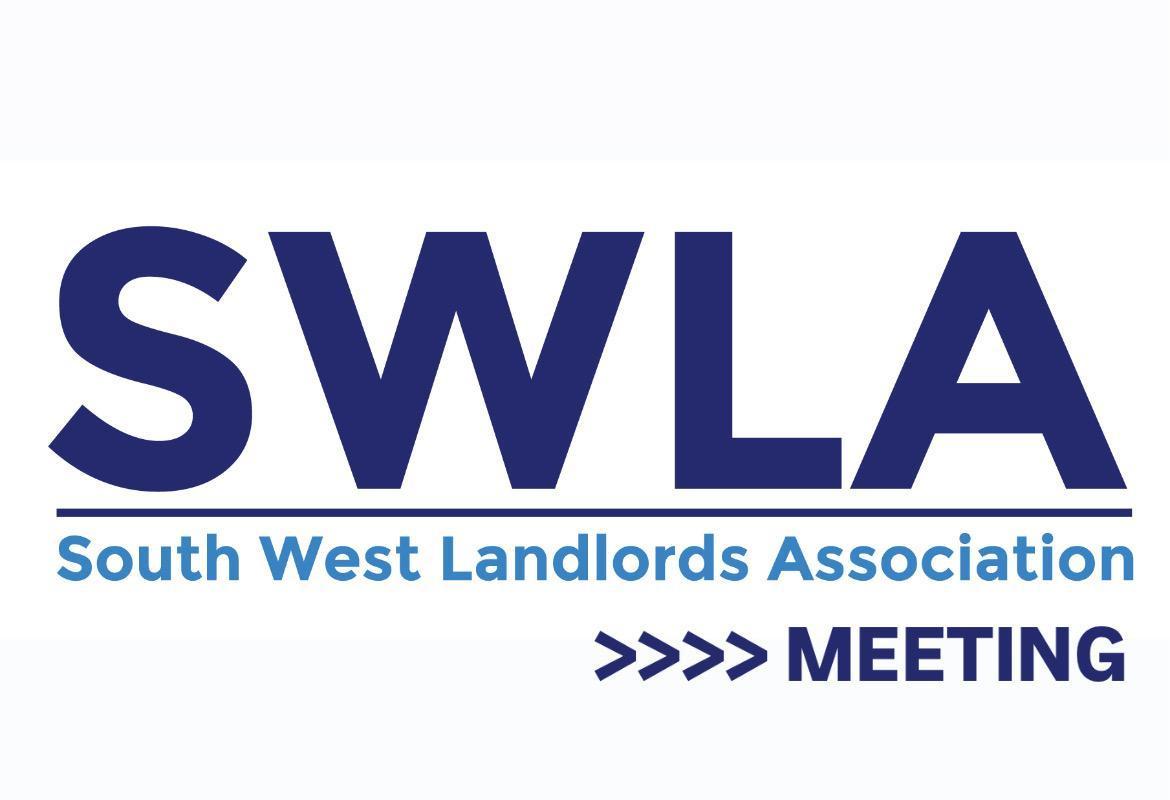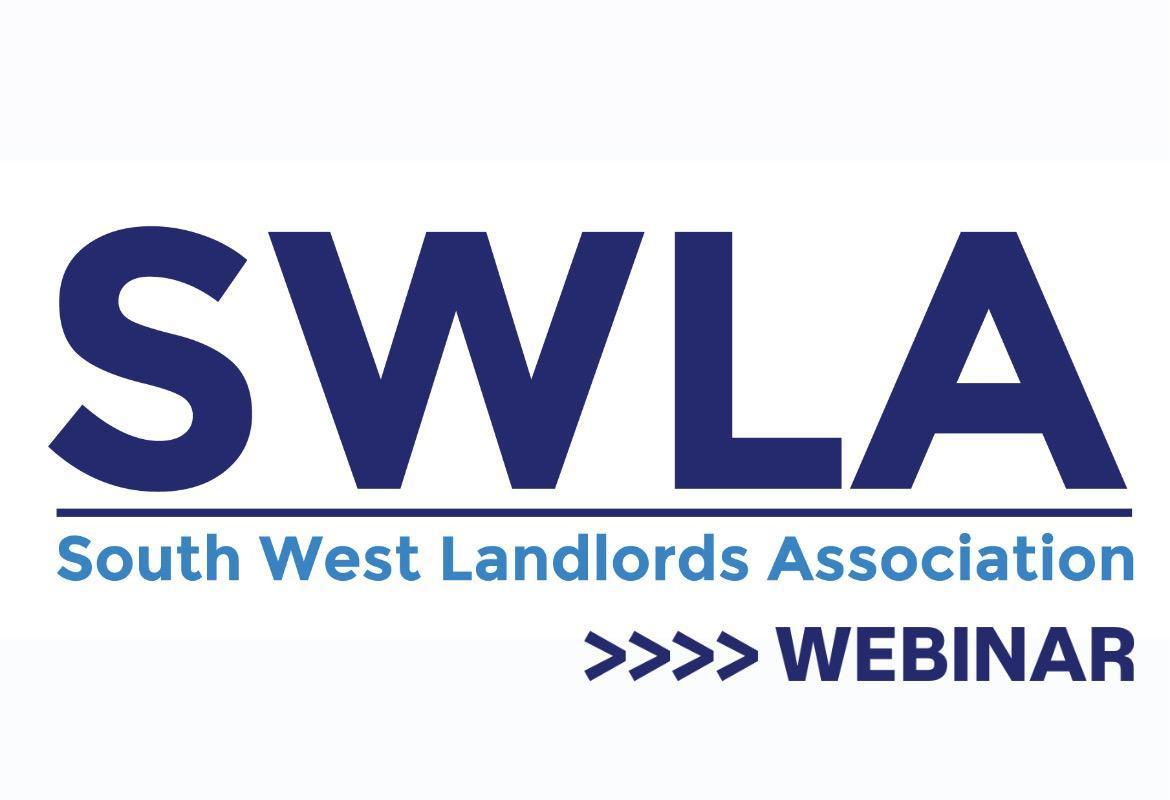
It’s Carbon Monoxide Awareness Week – Are your tenants safe?
Landlords are required to install and check carbon monoxide alarms in their properties. Landlords must ensure; NB: A gas cooker refers to any apparatus heated

Landlords are required to install and check carbon monoxide alarms in their properties. Landlords must ensure; NB: A gas cooker refers to any apparatus heated

The Government has released a roadmap of the Renters’ Rights Act implementation. The first phase coming into force on 1st May 2026 will; – abolish section 21 ‘no fault’

On 6th November 2025, the Government published updated guidance, we recommend that you read this guidance in full to understand the changes that are ahead; https://www.gov.uk/government/publications/guide-to-the-renters-rights-act/guide-to-the-renters-rights-act

Amendments to the electrical safety regulations took effect from 01 November 2025. The headline amendment for Private Rented Sector landlords is that the maximum penalty

The Renters’ Rights Bill has achieved Royal Assent. This means the Bill has now entered into law, becoming the Renters’ Rights Act 2025. For now,

As we enter the cold and wet season, Plymouth’s Cold and Damp Homes Taskforce is hosting a city wide Housing Expo aimed at supporting private

A huge thank you to our brilliant speakers this week at our October General Speaker Meeting. With over 80 attendees, I think we will book

Wednesday 15th October 2025 Future Inn Hotel, William Prance Road, Plymouth PL6 5ZD 7.15pm for a 7.30pm start Speakers will include:- Martyn Taylor from Ashley

When?! Here’s when you need to start using recognised software to keep records if you work for yourself as a sole trader or make money

Thursday 25th September 2025, 2pm – 3pm.The Zoom link to access the webinar has been sent to all members. Topic -Making Tax Digital for Landlords This

After a successful Bristol Show in 2024, National Landlord Investment Show, the UK’s number one Landlord and Property Exhibition is returning to Bristol, Ashton Gate

Speaking during the debate on the Renters’ Rights Bill this week, the Housing Minister, Matthew Pennycook MP, said: “Following Royal Assent, we will allow for
